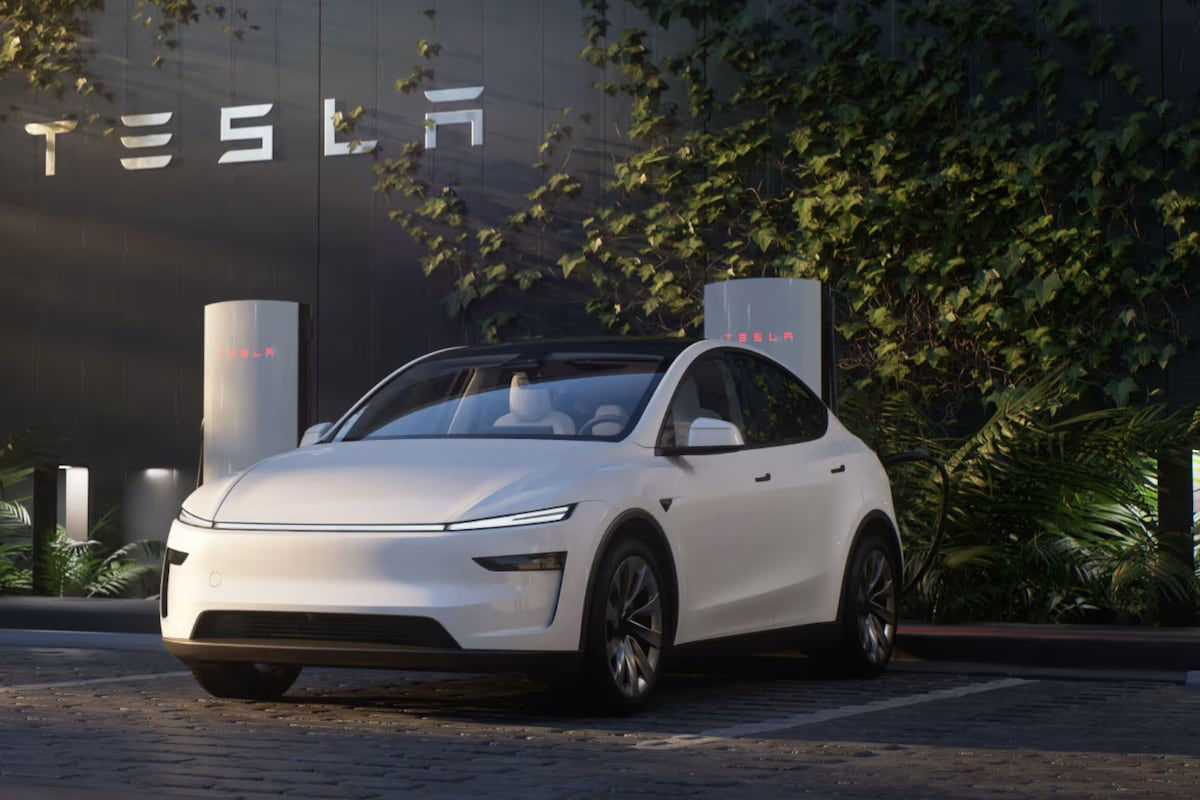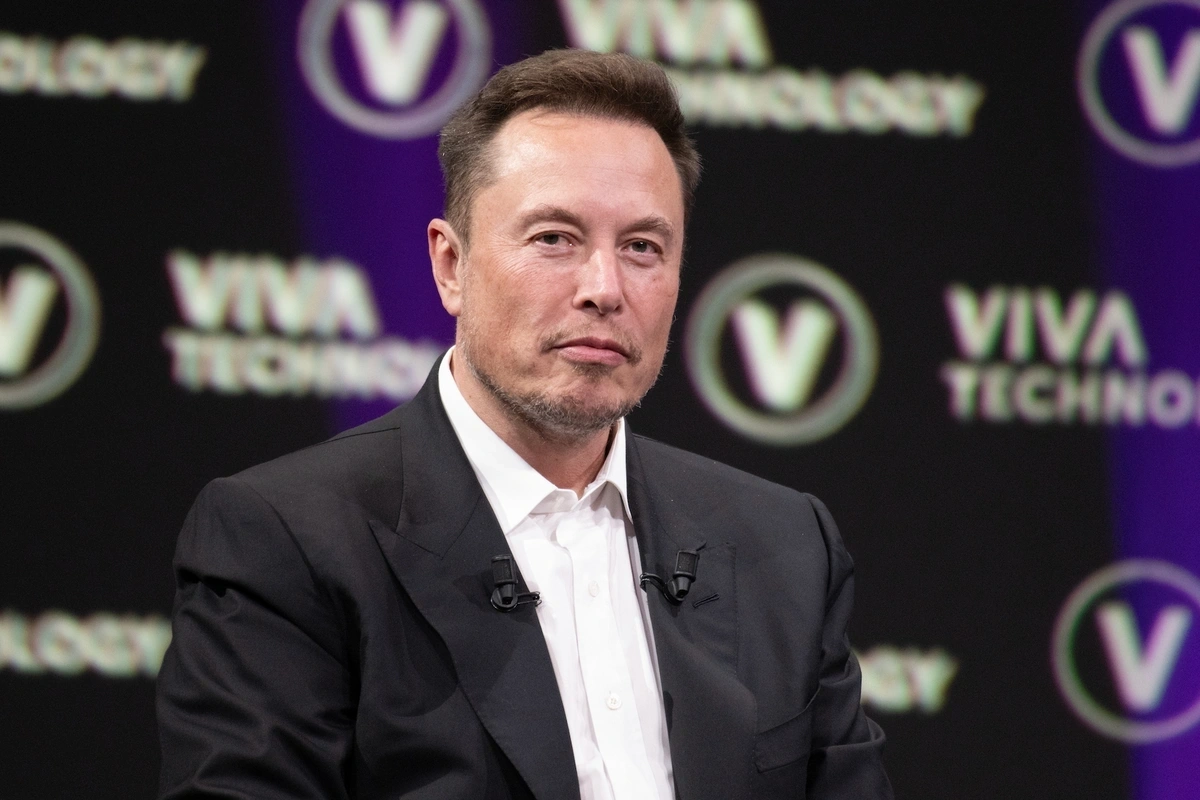A report by S&P Global reveals that Tesla has not introduced any new models since 2019 and many of its customers are opting for other brands, with some even returning to combustion models.
Tesla is suffering from a decline in customer loyalty for several reasons, including increased competition.
Tesla is going through a delicate phase following the departure of its CEO, Elon Musk, into politics, despite the huge incentive the brand has offered the magnate to devote himself body and soul to it. This notable decline in user loyalty is evident in the findings of a study by S&P Global in the US. Tesla’s customer loyalty rate fell by 9.4% in the second quarter of 2025 compared to the same period last year, pushing the brand below traditional rivals such as Ford.
The report indicates that just over half of owners (52.1%) return to purchase a Tesla vehicle when renewing, compared to 67% who did so in 2022-2023. Among those who switch, the majority choose another electric car from a different brand; however, a relatively small (though striking) portion opt to revert to combustion engines: 28% lean towards hybrids and 3% return to diesel.
Tesla customers who want to buy another car find themselves with virtually the same car they already have in their garage.
An atypical manufacturer
Tesla breaks with the usual pattern in the sector. Unlike traditional manufacturers, whose strategy is to renew their range with new generations every few years, the company led by Elon Musk focuses on a different approach: it develops a solid technological base and constantly reinforces it through software updates.
Rather than a conventional car manufacturer, Tesla functions as a creator of digital systems and energy networks, where the car is just one piece of a larger ecosystem.
This approach has a curious effect when it comes to repurchasing. Those who go out to buy a new Tesla do not usually find a vehicle that is radically different from the one they already own, but rather one that is practically the same, with only slight aesthetic changes. What has really evolved in that time is hidden under the “digital bonnet”: new features, safety improvements and new capabilities that come through remote updates.
However, this intangible transformation does not always convey the sense of novelty that many drivers seek when changing cars.

In addition, Tesla faces a somewhat toxic context: the decisions and public appearances of founder Elon Musk have polarised opinions, and many customers cite this dimension as a factor in their emotional distance from the brand. In a market where the technical and the symbolic converge, perception is becoming increasingly important.
The other side of this loss of loyalty is reflected in the sales figures. In Europe, Tesla’s sales have fallen dramatically: in July 2025, in key markets such as the United Kingdom, Germany and France, deliveries fell by between 27% and 60% depending on the country. Meanwhile, rivals such as BYD are reporting growth of more than 200% and capturing market share with aggressive new models.
It is not enough to be a pioneer: leadership in mobility depends on renewing, diversifying and connecting with users who demand tangible advances, not just software improvements. The fact that some former Tesla owners are returning to diesel, even if only in small percentages, is a sign that electric vehicles are not yet immune to the temptation of traditional engines, especially when the price, range or experience are not convincing.
Tesla’s future will depend on its ability to regain lost confidence. If it manages to introduce disruptive models, expand its catalogue and moderate its decisions outside the automotive sector, it could redirect the narrative. But in a sector where electric competition is pressing and other brands already offer more modern options, remaining static could cost it the positioning it has worked so hard to achieve.





